How to bathe and keep your home clean when there’s a water supply outage
While it should be a worst-case scenario, it never hurts to plan ahead
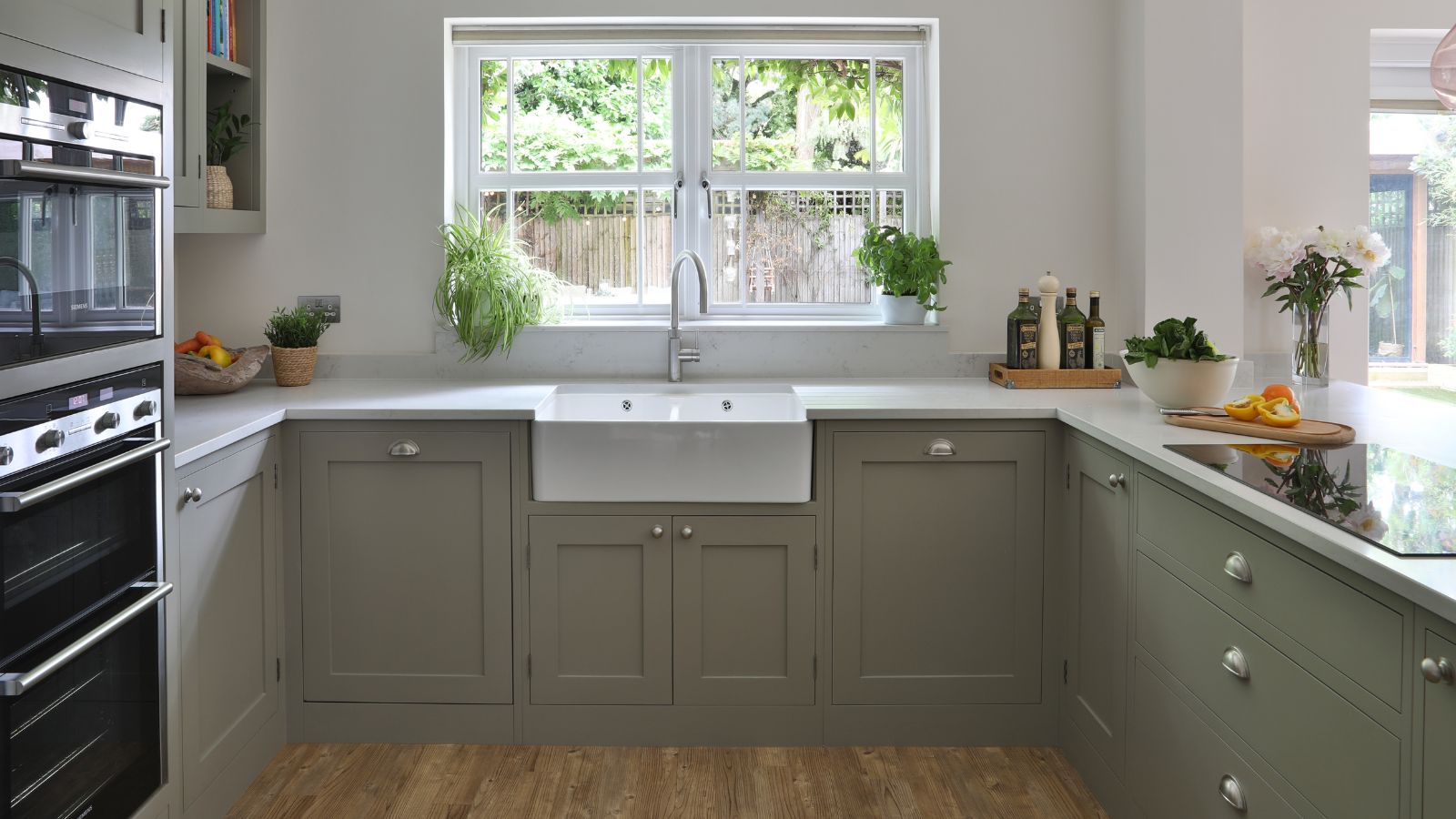

Water outages are arguably a lot worse than power outages. Without power, at least you can set up a generator, or stay warm and cook using other means. However, you are a bit stuck on cleaning and bathing without water. So, how do you manage?
The trick, plumbers say, is to prepare ahead, with a series of solutions designed to keep you going – and things sanitized – in the worst-case scenario.
Here’s how our pros suggest getting by without a mains water supply whether you'll dealing with a sudden outage or preparing your home for an emergency.
How to prepare for a water supply outage like a pro
Much like preparing a home for a power cut, these steps are best followed before you are hit with a water outage, so you are not caught up in a panic and swathes of other people rushing to the store.
1. Stock up on water
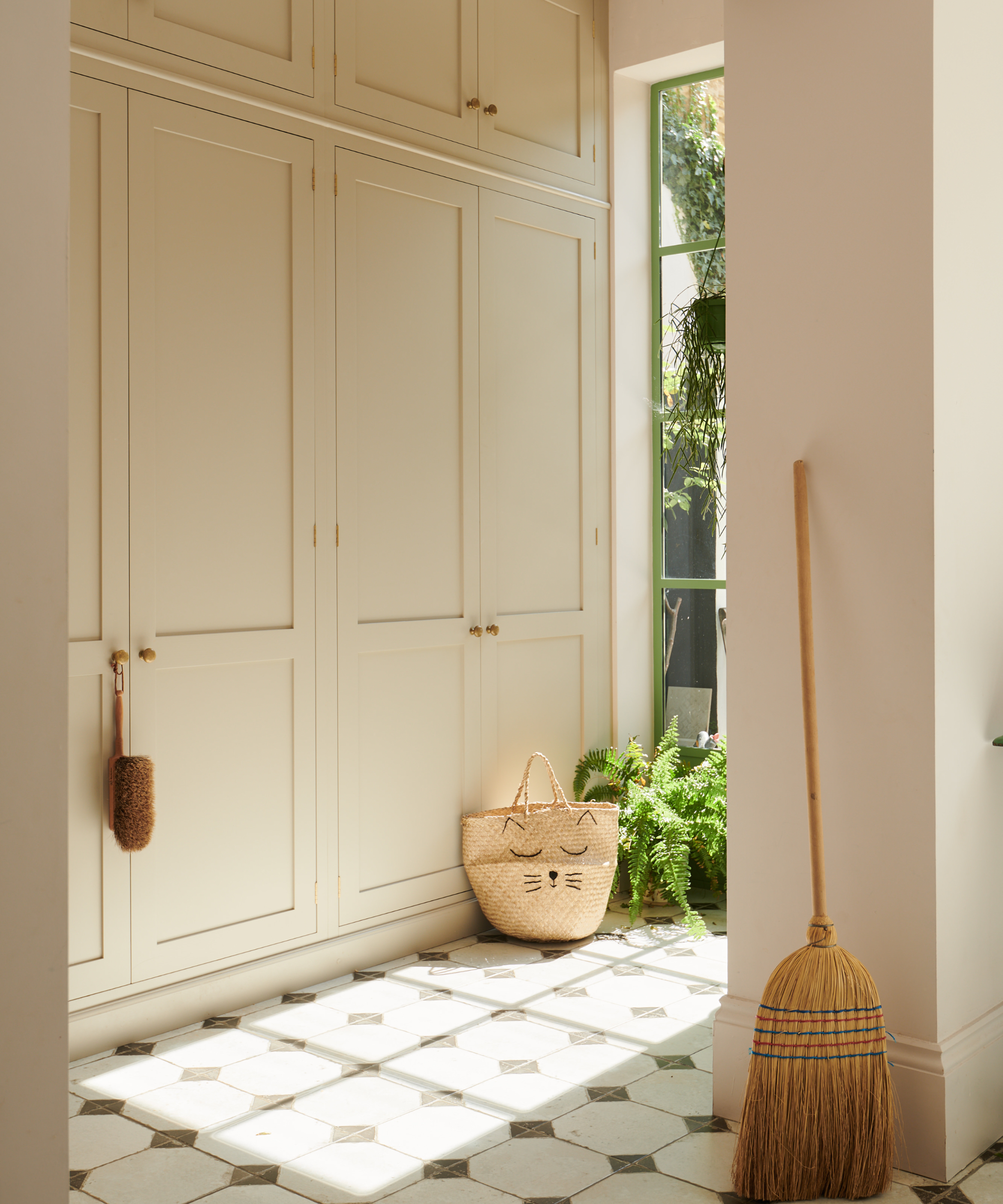
If you are expecting a water outage due to bad weather or have been alerted to water works in your area, the first thing you should do is stock up on consumable water.
Geno Cacia, master plumber and CEO of Caccia Plumbing says, ‘First and foremost, try to ensure you always have a healthy stock of water beforehand. I typically suggest around one gallon of water per person per day for say, three to four days. This water can be used for drinking, cooking, and hygiene. Of course, if you have the space in your home, you should store as much as you can.’
We have plenty of tips to organize your home after bulk buying groceries that will help you make use of all your storage ideas for emergency supplies.
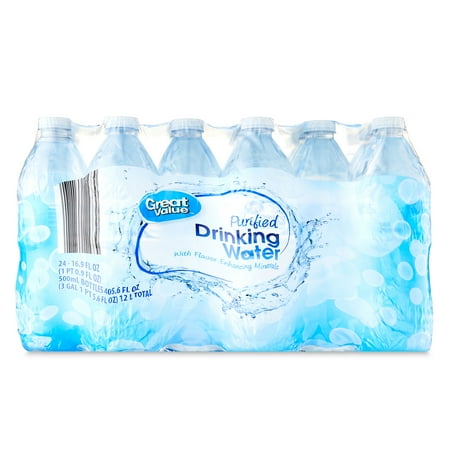
With 100% recyclable bottles, this water is your best bet for limiting your waste in a water outage.
2. Look into recycled greywater
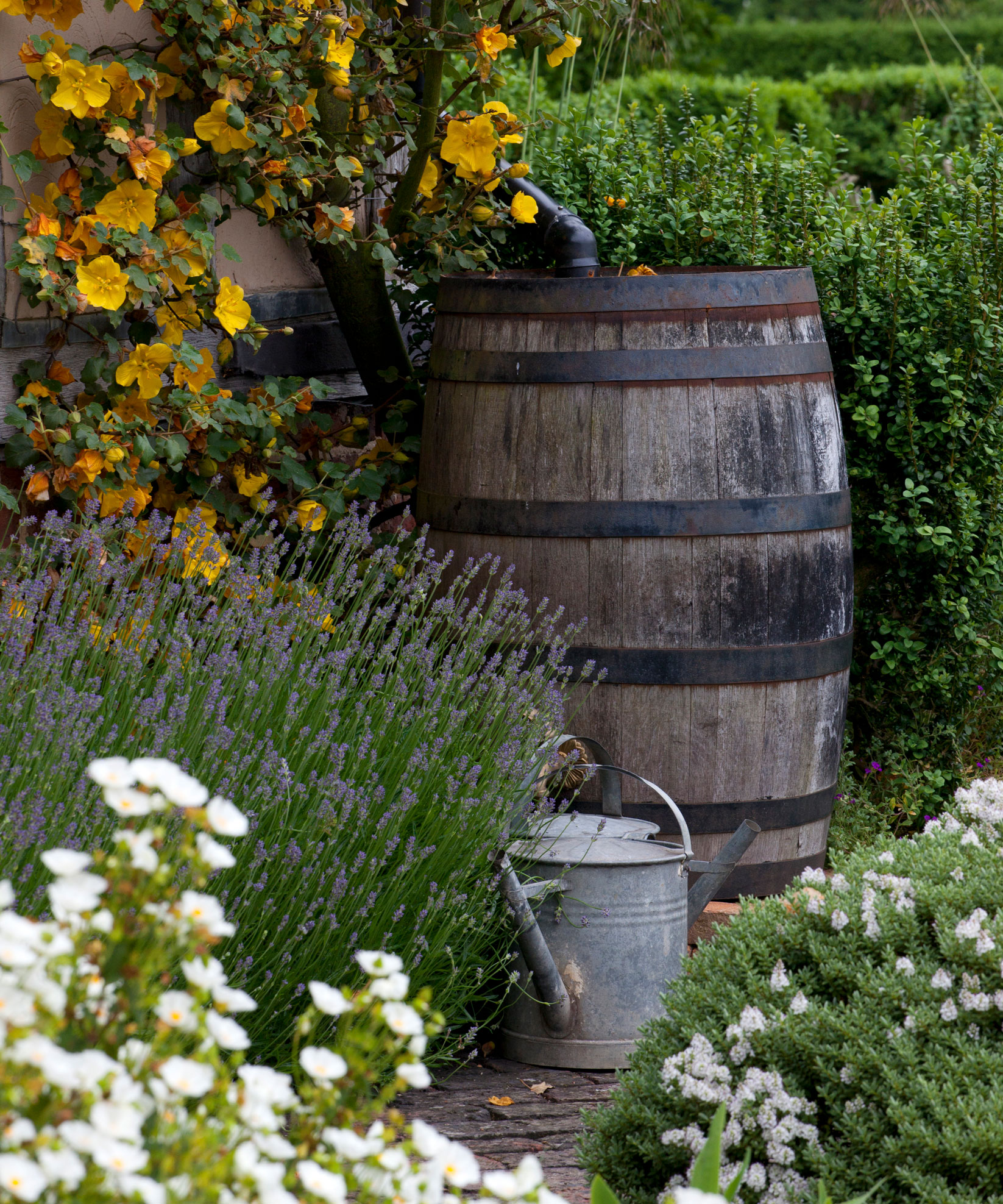
For non-consumable water, greywater is ideal, Gene continues. He explains, ‘Repurposed greywater can be extremely handy in the case of an emergency. Water stored in large outdoor rain barrels and containers can be used for flushing toilets or cleaning floors for example. Try to make sure the water isn't contaminated though, especially if using it to clean around food preparation areas.
‘Two other smart investments (and I know it may not be within budget for all) are rainwater collection systems and water storage tanks. These are very helpful as a backup water source. Portable water filtration systems [such as the Waterdrop Filter available at Amazon] will help ensure you have safe, drinkable water as well.’
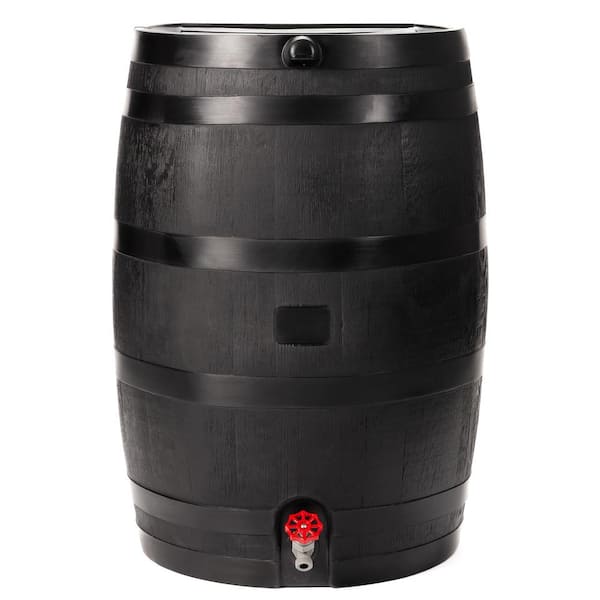
With a flat back design, this rain barrel sits flush against any external wall, making it easy to situate a downspout for easy water collection.
3. Go water-free with cleaning
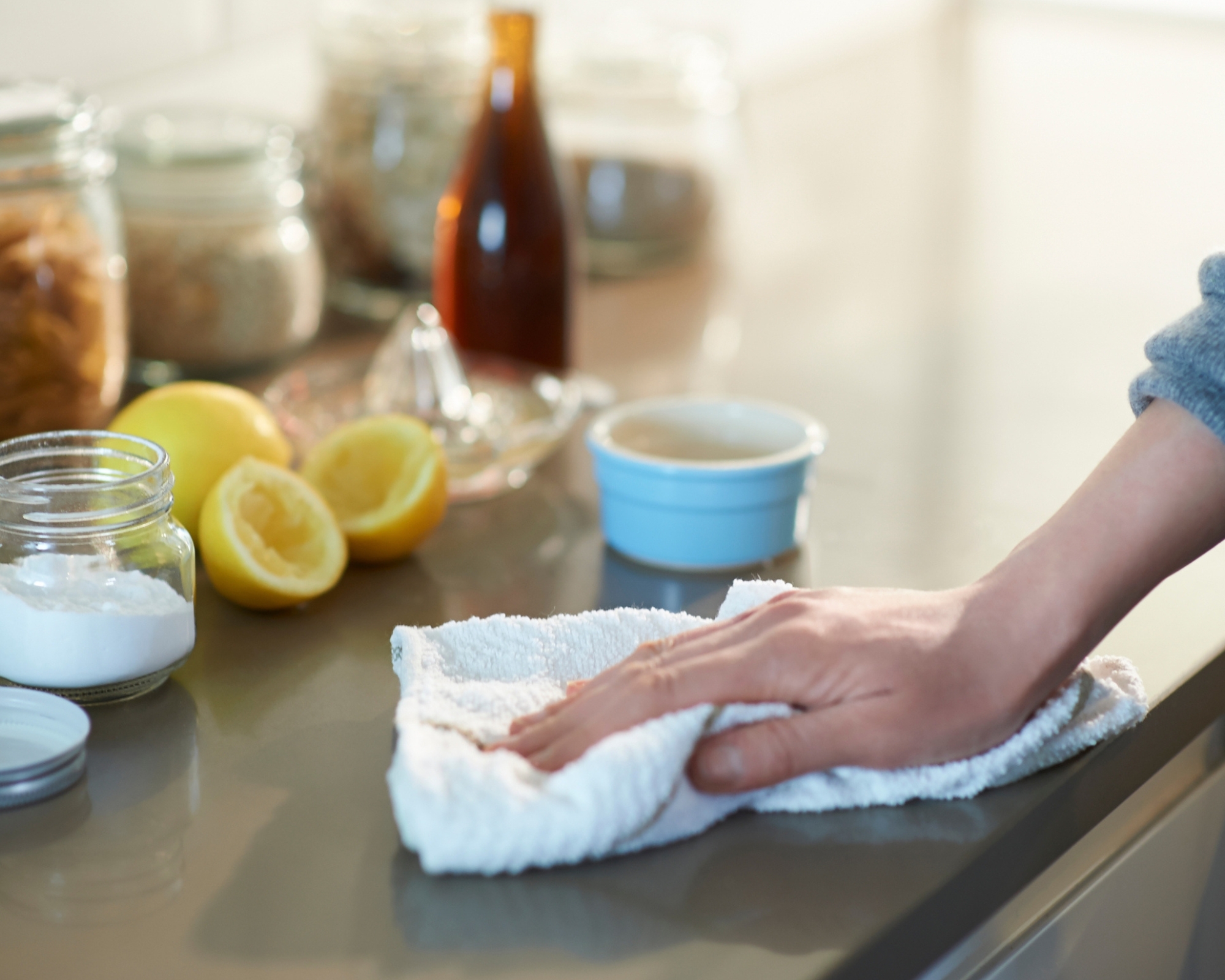
There are plenty of natural ways to fight grease and grime, and kill bacteria, without the need for any water. Glenda R. Ervin, director at Lehman’s suggests, ‘use eco-friendly supplies like cleaning with vinegar or baking soda, all of which are available at Lehman’s for a sustainable approach.’
These green cleaning approaches are usually better than soapy water in many cases, with a 2020 study concluding that white vinegar at a concentration of 10% or higher effectively kills bacteria and pathogens such as E.coli.
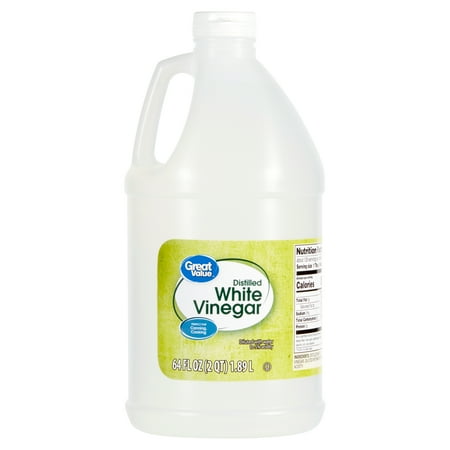
Vinegar is one of the best gentle household cleaners, helping to kill bacteria and some pathogens, as well as kill mold, all without the need for water or harsh chemicals.
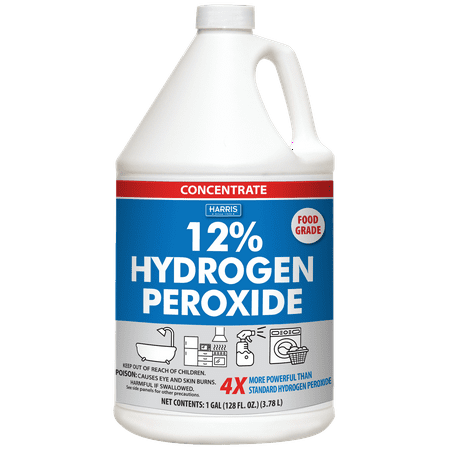
Hydrogen peroxide is another great eco-friendly cleaner, perfect for sanitizing surfaces such as kitchen counters or high-chair food trays.
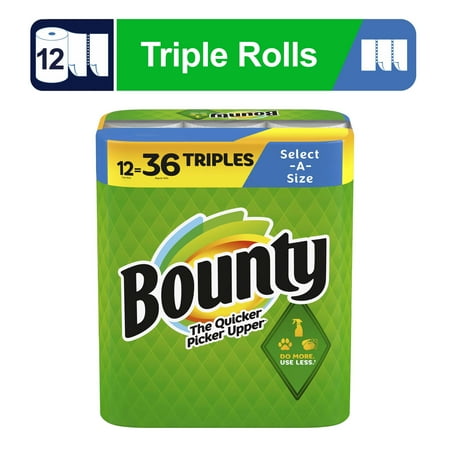
We usually recommend microfiber cloths for cleaning as they are machine washable and better for the environment. When you don't have water to wash, however, paper towels are the next best thing for hygiene.
4. Look for alternative hygiene measures

Gene Caccia says, ‘Although it’s not the same as high-end soap in a warm steam shower, wet wipes and no-rinse products are great in the event of an emergency. Of course, they are quite affordable and do not require any water. Keep a few of these in your emergency kit.’
Water wipes, from Walmart, are perfect for even the most sensitive of skin and are free from harsh chemicals and fragrances.
5. Use disposable dinnerware
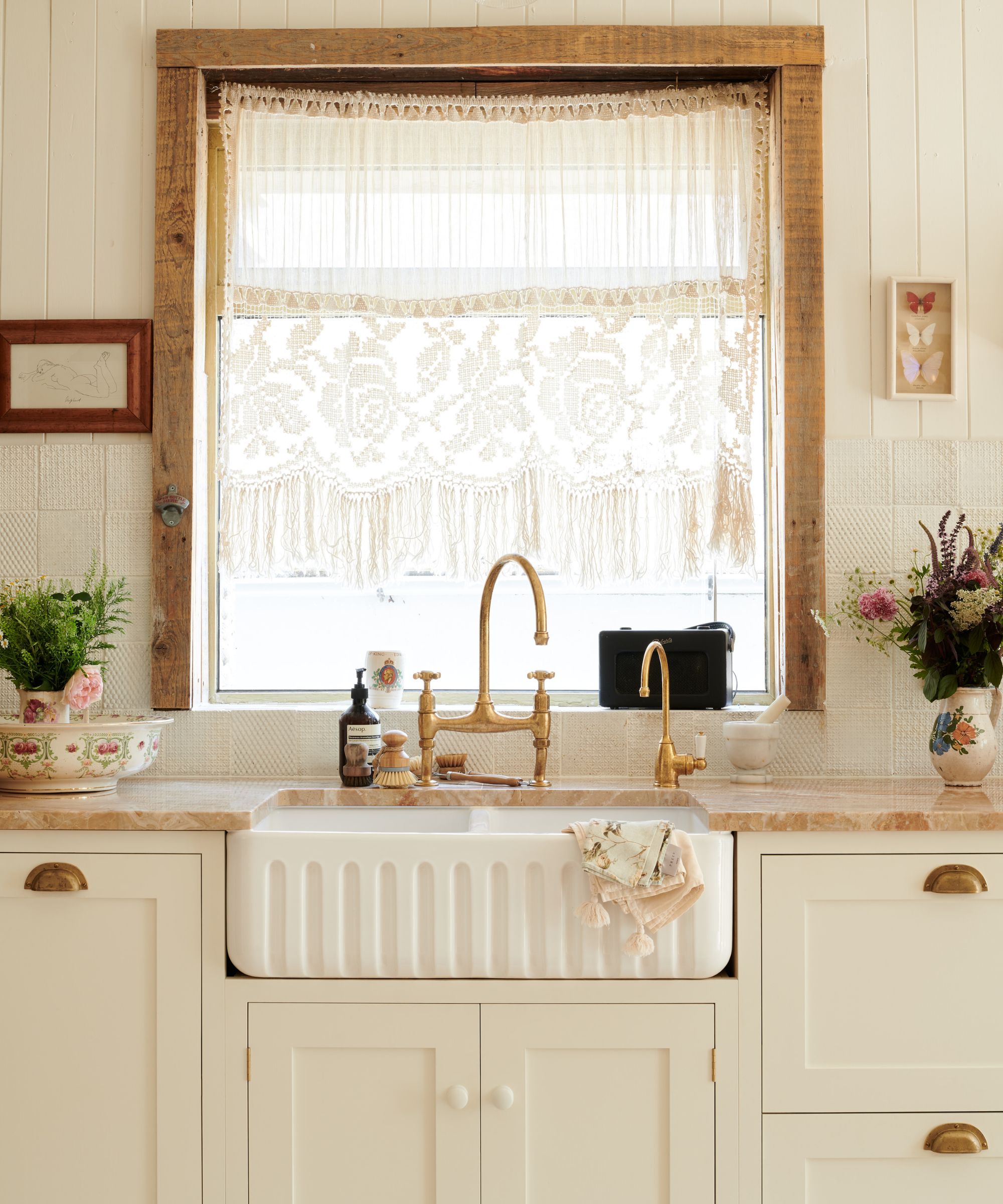
With no water, you can’t exactly load up your best dishwasher, and you will want to save what drinking water you have for hydration and cooking, rather than washing dishes by hand. While it is temporarily wasteful, it is a good idea to use disposable plates and cutlery, available in sets from Walmart, during this time to reserve your water supply.
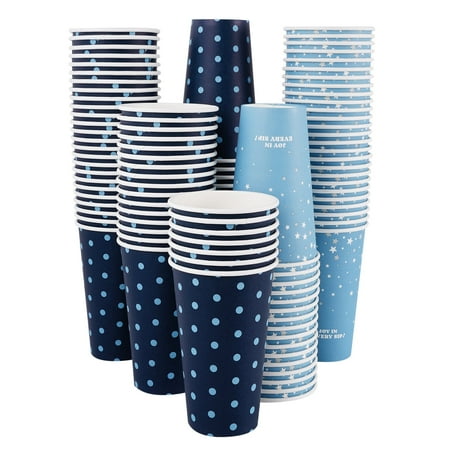
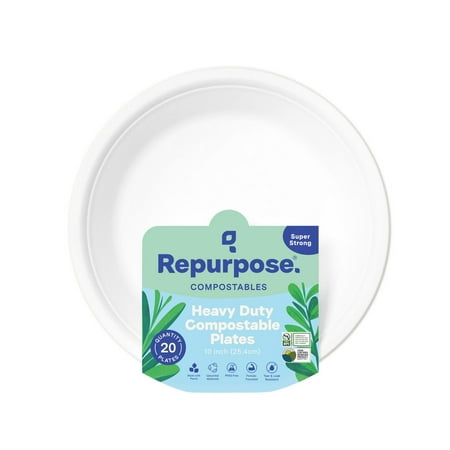
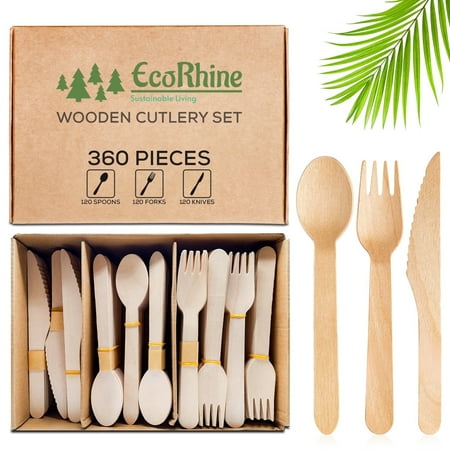
FAQs
Why have I suddenly got no water?
If your faucets suddenly stop working, it could be for several reasons. The most common reason is a closed valve or a water heater malfunction, both of which can be quickly addressed by a plumber. In winter, no water could be the result of frozen pipes that need to be thawed carefully to avoid bursts. It could also be down to a wider issue with your water supply, however, which needs to be dealt with by your water supplier.
While water outages are fairly rare, it never hurts to have a few items on hand to keep us going, especially when preparing a house for a snowstorm or preparing your house for hurricane season when water mains are more likely to be affected by adverse conditions.
Sign up to the Homes & Gardens newsletter
Design expertise in your inbox – from inspiring decorating ideas and beautiful celebrity homes to practical gardening advice and shopping round-ups.

Chiana has been at Homes & Gardens for two years and is our resident 'queen' of non-toxic living. She spends most of her time producing content for the Solved section of the website, helping readers get the most out of their homes through clever decluttering, cleaning, and tidying tips. She was named one of Fixr's top home improvement journalists in 2024.
You must confirm your public display name before commenting
Please logout and then login again, you will then be prompted to enter your display name.
-
 I used to think decorating with fruit was sickly sweet, but strawberry summer is here – and I can't get enough of this cottagecore decor
I used to think decorating with fruit was sickly sweet, but strawberry summer is here – and I can't get enough of this cottagecore decorThis delightfully juicy trend has me in a chokehold, and no one is more surprised than I
By Charlotte Olby
-
 7 tiny chores that instantly make your home look more put together without buying anything – including shopping your stash and quick decluttering
7 tiny chores that instantly make your home look more put together without buying anything – including shopping your stash and quick declutteringSimple organization can make a real impact, experts assure
By Ottilie Blackhall
-
 5 surprisingly practical ways to re-purpose old bed sheets for cleaning, decluttering and storage at home
5 surprisingly practical ways to re-purpose old bed sheets for cleaning, decluttering and storage at homeDon't ditch worn-out bedding – there's life in them yet
By Natasha Brinsmead
-
 Do you need to turn the lights off when you leave a room? Experts have ended this time-honored debate once and for all
Do you need to turn the lights off when you leave a room? Experts have ended this time-honored debate once and for allOn or off? We delve into the details of this age-old dispute
By Chiana Dickson
-
 I tried the baking soda trick to quickly and naturally clean my outdoor rug – it’s now set for Easter outdoor hosting
I tried the baking soda trick to quickly and naturally clean my outdoor rug – it’s now set for Easter outdoor hostingBaking soda is perfect for lifting dirt and debris
By Eve Smallman
-
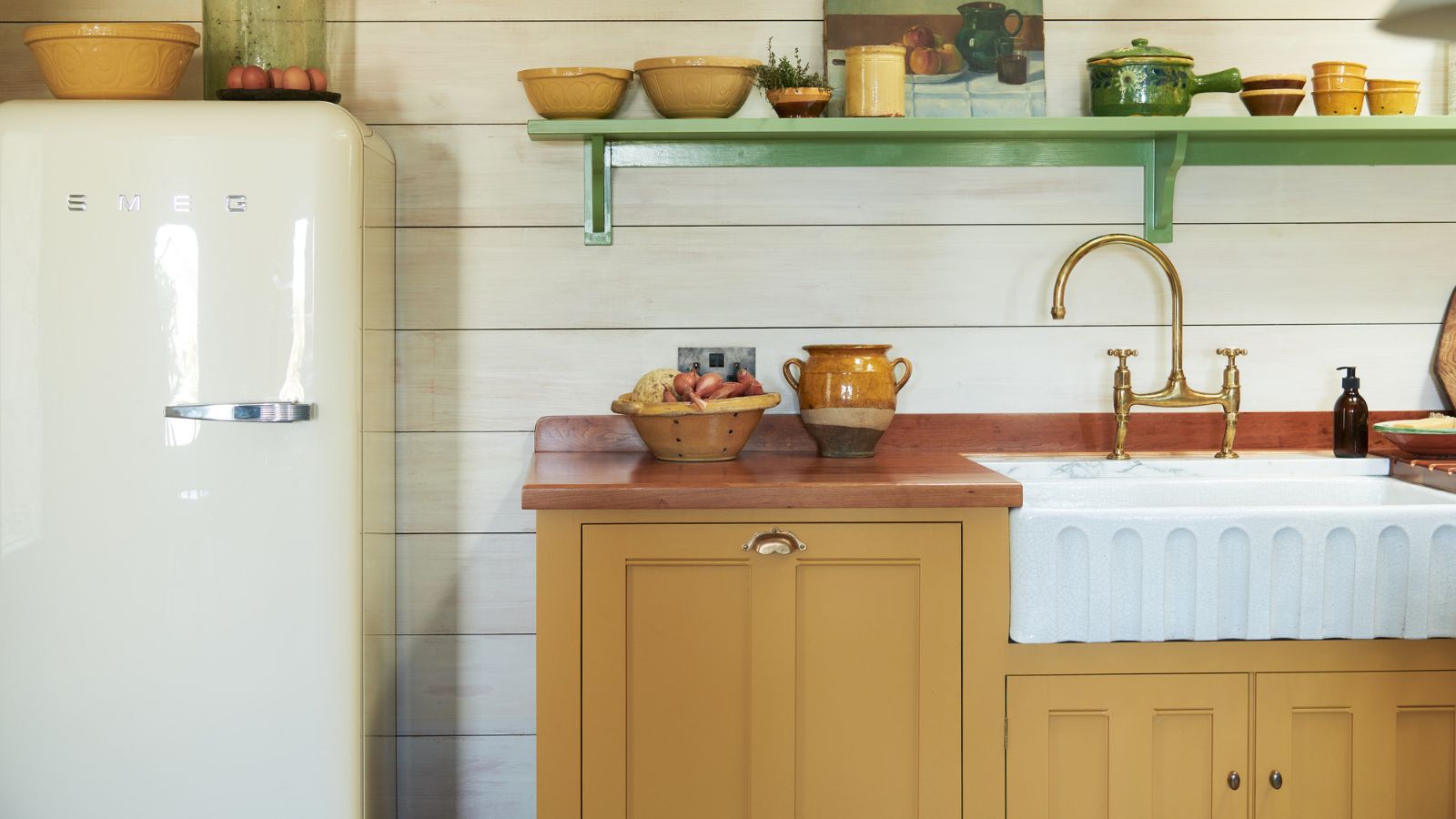 The 5 worst things you can do to your fridge – these will drive up energy costs and result in pricey and regrettable repairs
The 5 worst things you can do to your fridge – these will drive up energy costs and result in pricey and regrettable repairsIt's crucial to swerve these blunders, appliance experts warn
By Ottilie Blackhall
-
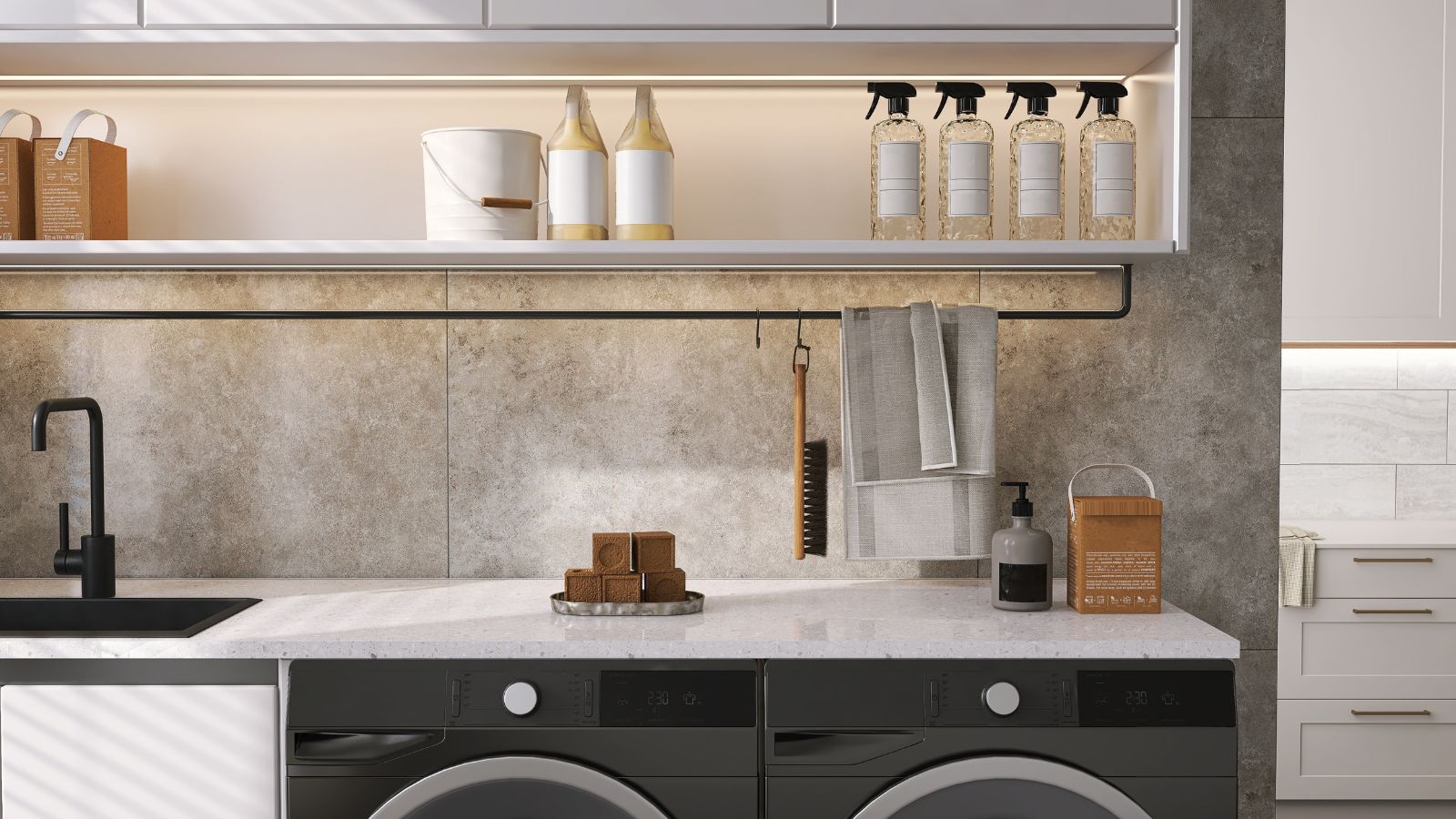 Extend the lifespan of your appliance with 5 simple but crucial washing machine maintenance tips
Extend the lifespan of your appliance with 5 simple but crucial washing machine maintenance tipsFrom cleaning the filters to keeping the door open, experts reveal the washer tips they swear by
By Andy van Terheyden
-
 5 vital ways a home battery backup can help with your most urgent needs in a power outage – from heating to flood prevention and calls
5 vital ways a home battery backup can help with your most urgent needs in a power outage – from heating to flood prevention and callsExperts say they're a worthy investment
By Clement Feng
-
 I’m an HVAC technician, and this is when I turn on my AC each year – plus 5 checks I always do beforehand
I’m an HVAC technician, and this is when I turn on my AC each year – plus 5 checks I always do beforehandSave yourself an AC hassle by running my checks and turning it on before big heat hits
By Josh Mitchell
-
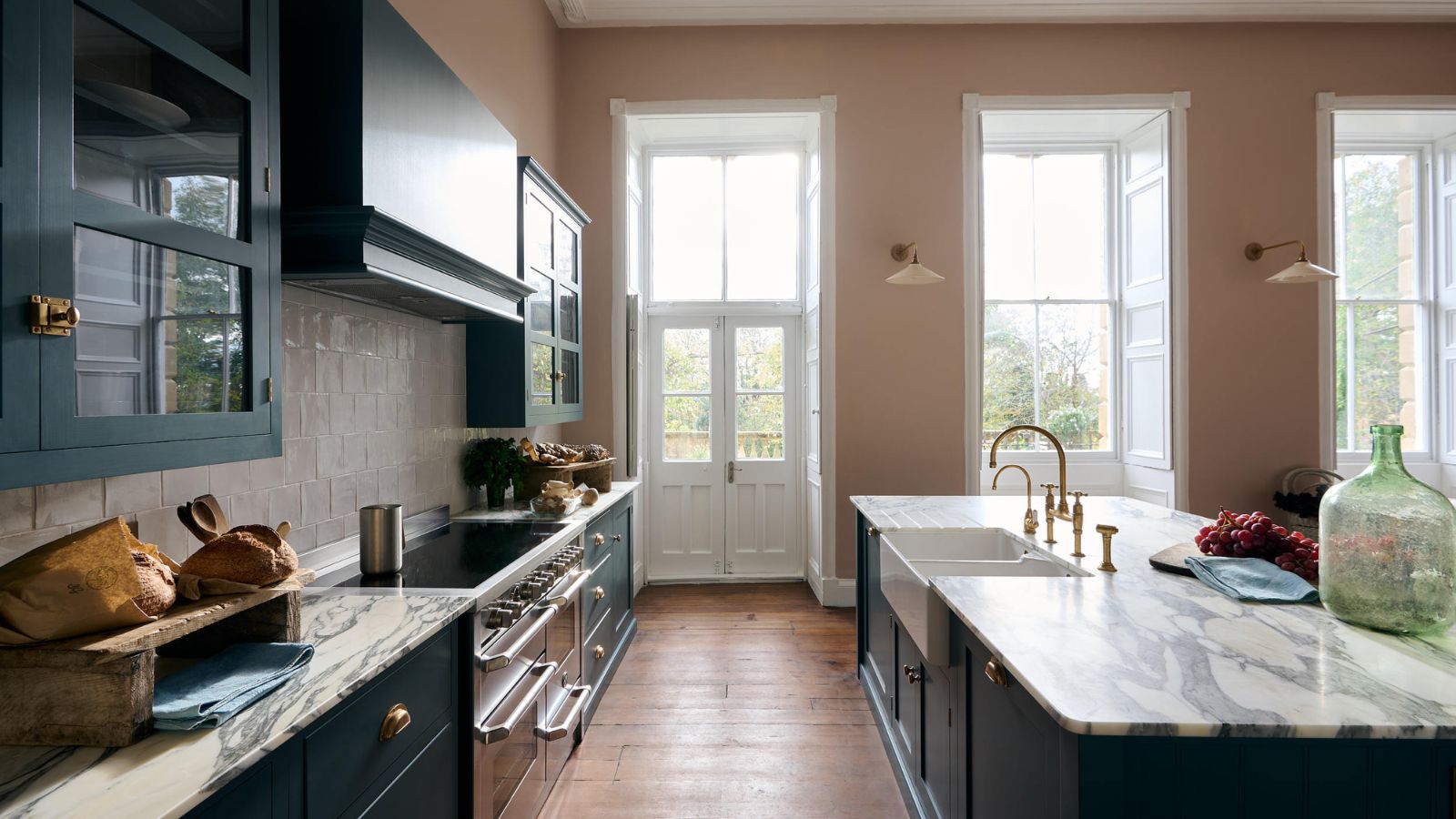 6 things you should never throw in the trash – and what to do for safe disposal instead
6 things you should never throw in the trash – and what to do for safe disposal insteadFrom batteries to space heaters, experts reveal what not to throw
By Andy van Terheyden